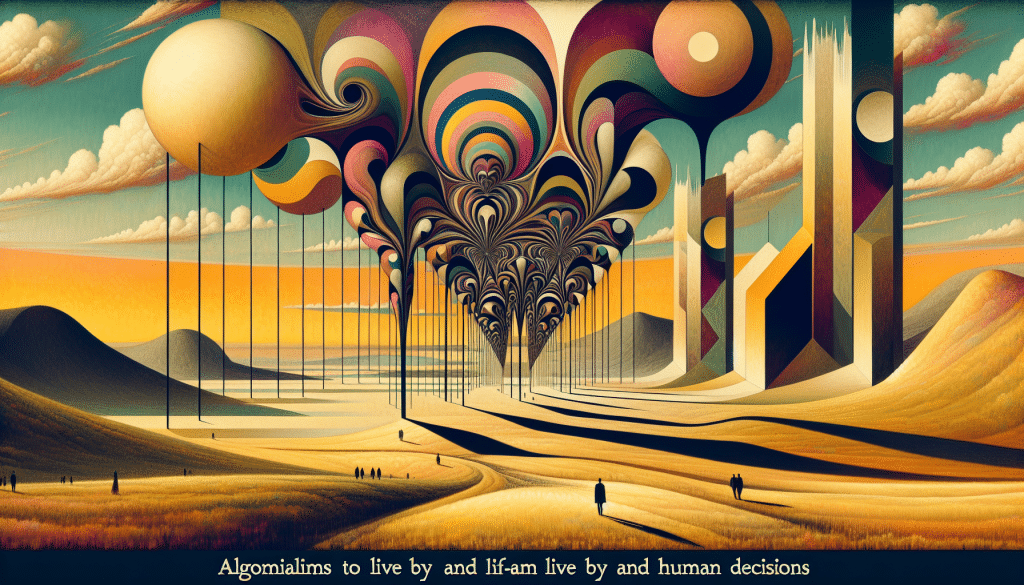Existentialist Philosophy of Authenticity

Understanding Existentialist Philosophy of Authenticity
Existentialist philosophy of authenticity is a branch of existentialism that emphasizes the importance of living an authentic life. It is based on the idea that individuals have the freedom and responsibility to create their own meaning and values in a world that is inherently meaningless. Authenticity involves being true to oneself, living in accordance with one’s own beliefs and values, and taking responsibility for one’s actions and choices. Existentialists believe that authenticity is essential for living a fulfilling and meaningful life.
Authenticity in existentialist philosophy is closely related to the concept of freedom. Existentialists argue that individuals are fundamentally free to choose how they live their lives, and that this freedom entails a great deal of responsibility. Authenticity requires individuals to actively engage with the world, make their own choices, and take ownership of their existence. By embracing their freedom and taking responsibility for their actions, individuals can create their own meaning and purpose in life.
Another key aspect of authenticity in existentialist philosophy is the rejection of external influences and societal expectations. Authenticity involves breaking free from societal norms, cultural expectations, and external pressures, and instead following one’s own internal compass. This may involve questioning traditional beliefs and values, challenging authority, and forging a path that is true to one’s own unique identity. By rejecting conformity and embracing authenticity, individuals can live a more genuine and fulfilling life.
Key Concepts and Principles of Authenticity in Existentialist Philosophy
One of the key concepts in existentialist philosophy of authenticity is the idea of "bad faith." Bad faith refers to the tendency of individuals to deceive themselves and avoid taking responsibility for their choices and actions. This can involve conforming to societal expectations, following the crowd, or denying one’s own freedom and agency. Existentialists argue that living in bad faith leads to a sense of alienation, emptiness, and inauthenticity. To live authentically, individuals must confront their own freedom and take responsibility for their lives.
Another important principle of authenticity in existentialist philosophy is the idea of self-creation. Existentialists believe that individuals are not born with a pre-determined essence or purpose, but rather create their own identity through their actions and choices. This process of self-creation involves reflecting on one’s values, beliefs, and desires, and actively shaping one’s own identity. By engaging in this process of self-discovery and self-creation, individuals can live a more authentic and meaningful life.
Authenticity in existentialist philosophy also involves embracing uncertainty and embracing the inherent ambiguity and paradoxes of existence. Existentialists argue that life is inherently uncertain and unpredictable, and that individuals must learn to embrace this uncertainty rather than seeking to control or avoid it. By accepting the limitations of human knowledge and the unpredictability of life, individuals can cultivate a sense of openness, curiosity, and wonder that allows them to live more authentically.





















Responses